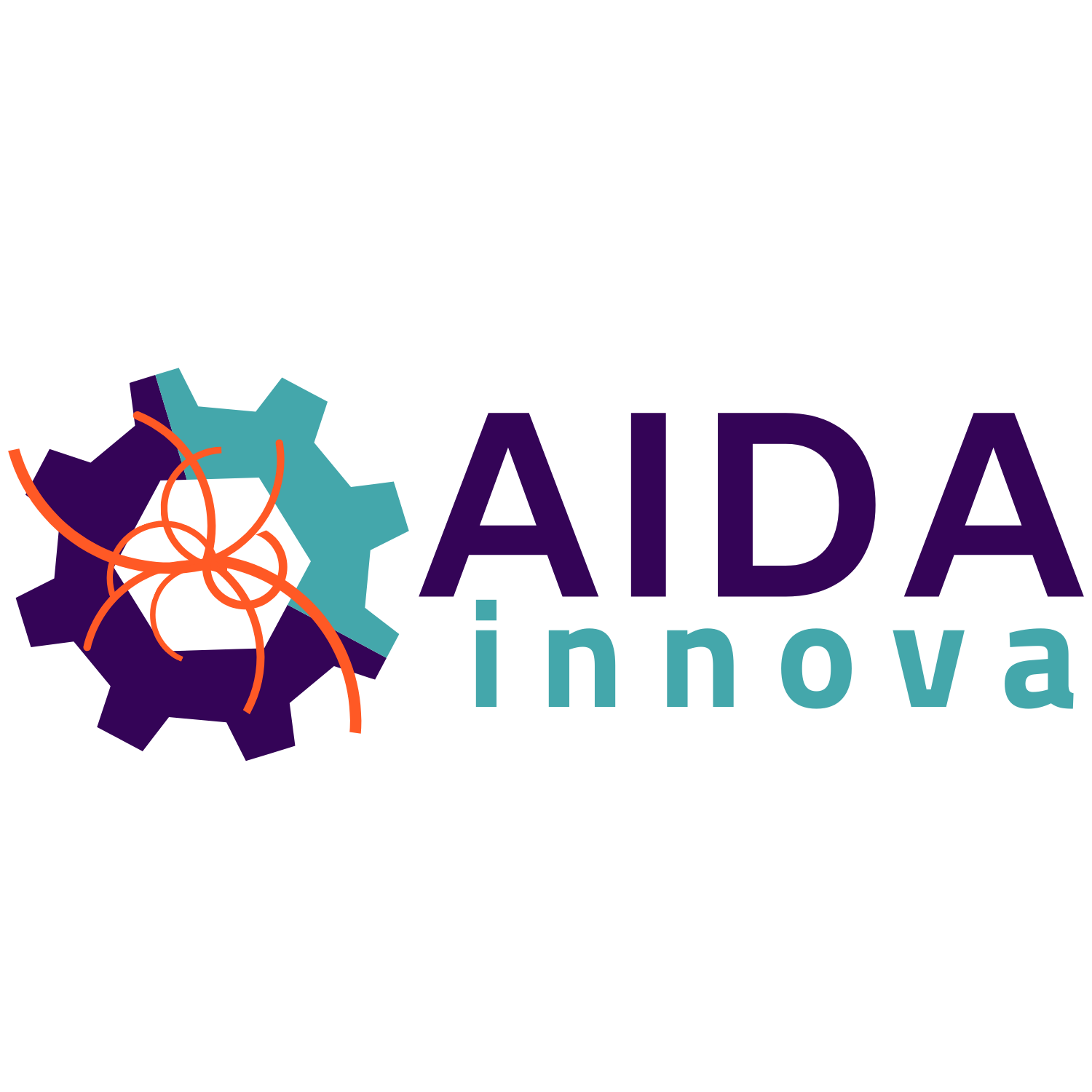Discoveries in particle physics are technology-driven; AIDAinnova will provide state-of-the-art upgrades to research infrastructures, such as test beams, in order to unfold the scientific potential of detector technologies. The project will run for a duration of four years from April 2021 to March 2025 and is co-funded by the European Commission under its Horizon 2020 programme.
WP13 of AIDAinnova aims at stimulating prospective and technology-driven ('blue sky') detector R&D by opening new lines of research and new technologies, which are essential to preparing for future particle physics
